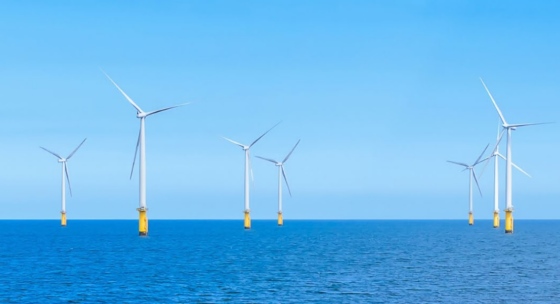
Is Colombia on Track to Make the Shift to Renewables?
A Latin America Energy Advisor Q&A featuring experts’ viewpoints on Colombia’s shift to renewable energy sources.
A Latin America Energy Advisor Q&A featuring experts’ viewpoints on Colombia’s shift to renewable energy sources.
A Latin America Advisor Q&A featuring experts’ viewpoints on the effects of the Ukrainian invasion on hunger in Latin America.
A Latin America Energy Advisor Q&A featuring experts’ viewpoints on whether sustainability linked bonds can work in Latin America and the Caribbean.
A Latin America Advisor Q&A featuring experts’ viewpoints on the growth of technology skills and businesses in the region.
Rural subsistence farmers, ethnic communities, women, and young people are disproportionately affected by climate change in the Northern Triangle, according to a report by the Inter-American Dialogue, which focuses on adaptation in the region with an emphasis on climate justice and mitigating the impacts on vulnerable communities.
In his interview with the Georgetown Americas Institute, Michael Shifter, president of the Inter-American Dialogue, talks with Muni Jensen, series host, about Latin America’s electoral agenda, the climate agenda, economic recovery, and his leadership at the Dialogue.
A Latin America Advisor Q&A featuring experts’ viewpoints on ESG data reporting in Latin America and the Caribbean.
Mia Amor Mottley, Prime Minister of Barbados, received the 2021 Champion of the Earth award for Policy Leadership by the United Nations Environment Programme, the UN’s highest environmental honor.
A Latin America Advisor Q&A featuring experts’ viewpoints on the effects of carbon tariffs on steel imports in Latin America.
As delegates from around the world finish up their business in Glasgow at the United Nations climate conference, Mexico has not increased its emissions-mitigation goal, as countries pledged under the 2015 Paris Agreement. Its president, Andrés Manuel López Obrador, is doubling down on policies that would make his country the second-largest greenhouse gas emitter in Latin America and the 16th largest in the world, even more of a polluter.
A Latin America Advisor Q&A featuring experts’ viewpoints on the effectiveness of climate promises and initiatives in Latin America and the Caribbean.
Tania Ortiz Mena, former CEO of IEnova, a leading energy company in Mexico, was appointed as president of the Clean Energy and Infrastructure group of the company Sempra Infraestructura, as well as president of Sempra Infraestructura for Mexico.
Lisa Viscidi, la directora del programa de Energía, Cambio Climático e Industrias Extractivas, participó el 3 de noviembre, en un webinar sobre la “contra reforma” eléctrica en México organizado por la Universidad Nacional Autónoma de México.
The countries of Central America’s Northern Triangle—El Salvador, Guatemala, and Honduras—are especially vulnerable to the severe and worsening impacts of climate change. This policy brief, the first in a series of three publications, describes the main challenges and provides broad recommendations for the US strategy on climate change adaptation in the region. It is based on inputs from the Task Force on Climate Change in the Northern Triangle, coordinated by the Inter-American Dialogue.
While 2021 has been a year of transition for the energy sector in Latin America, it has also been a year of instability in the region’s political conditions and social environment. Under this context, industry experts, government officials and corporate representatives convened virtually to discuss the challenges, opportunities and changes in Latin America’s energy markets at the Fifth Annual Latin America Energy Conference.
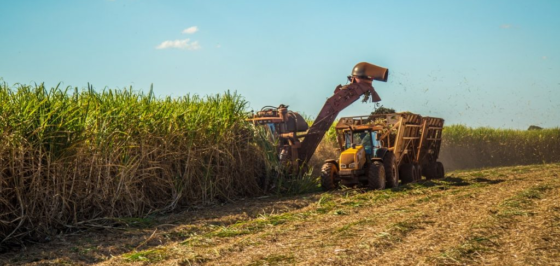
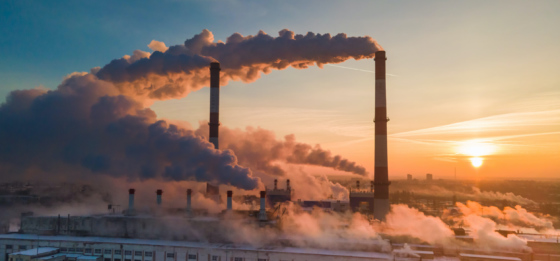

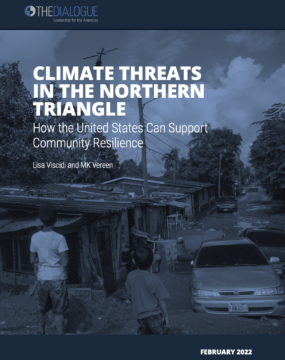
 Video
Video
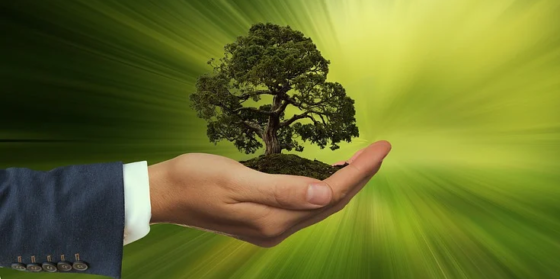
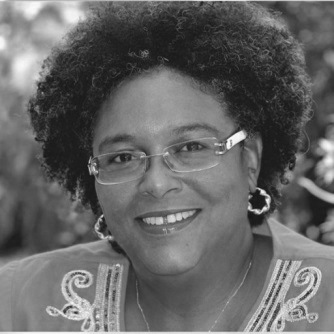

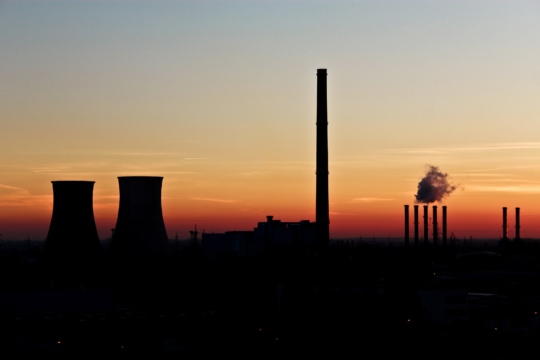
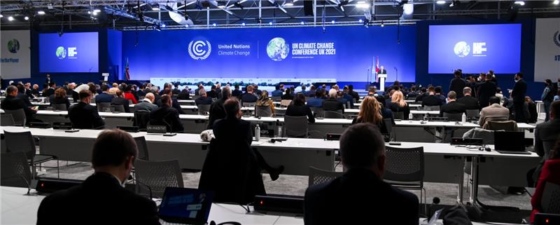
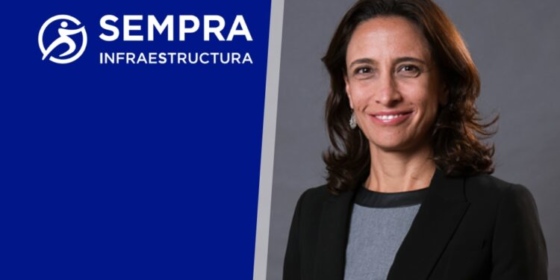
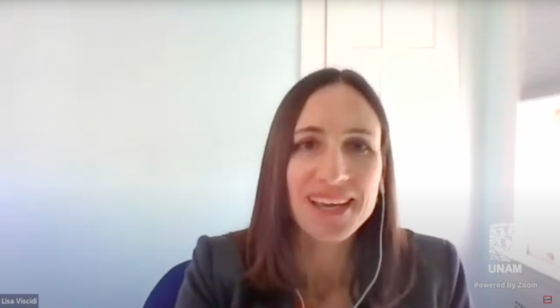 Video
Video
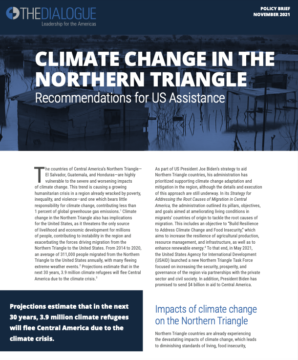
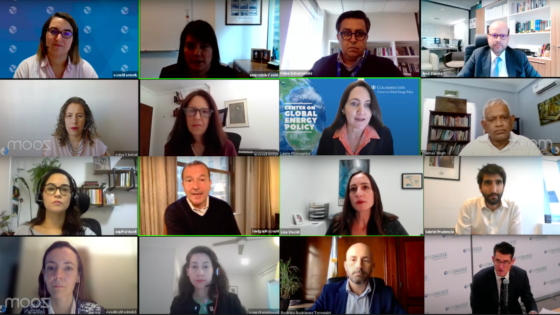 Video
Video